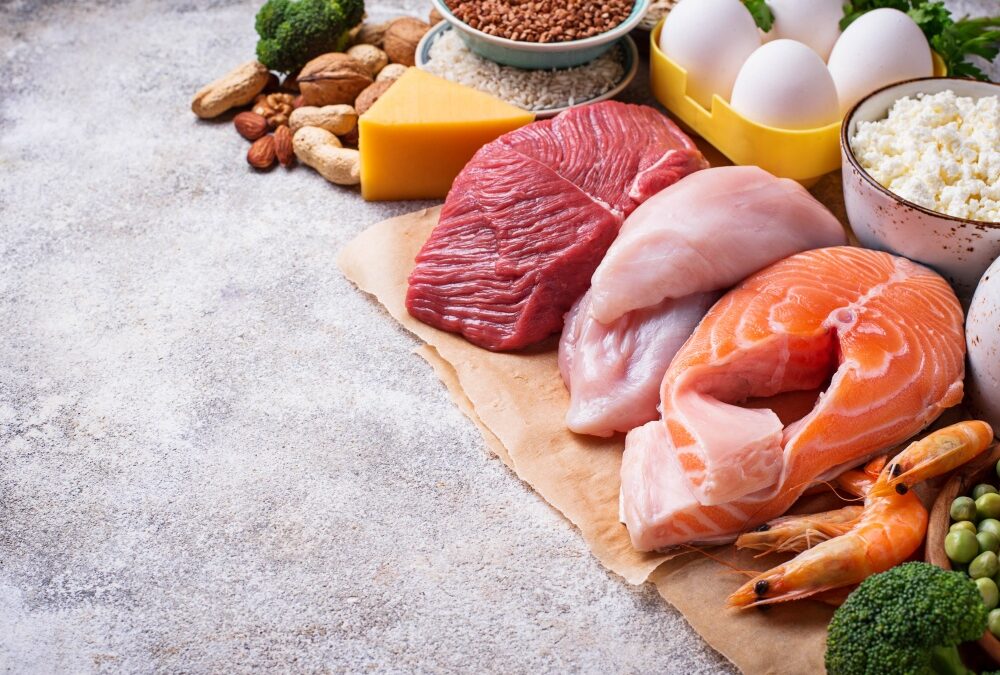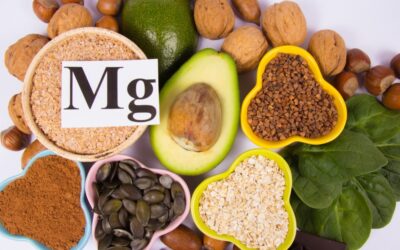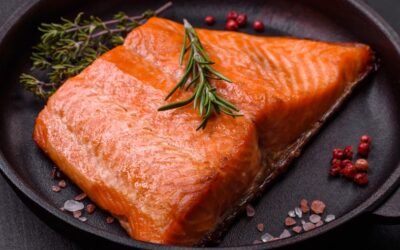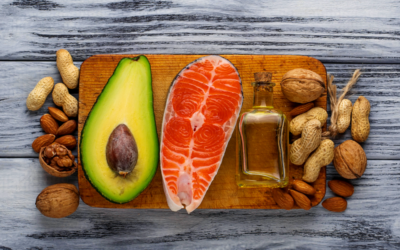Weight management can be a challenging journey for many individuals, but with the right approach, achieving a healthy and sustainable weight is possible. Among the various factors that influence weight loss success, the role of protein cannot be overstated. Protein is a critical nutrient that not only supports muscle development and repair but also plays a significant role in regulating appetite and promoting fat loss. In this article, we will explore the importance of protein for weight loss and how it can be an invaluable ally on the path to a fitter and healthier body.
Protein is Key for Satiety and Appetite Regulation
One of the most significant advantages protein can play in managing your weight is its ability to increase feelings of fullness and satiety. Unlike carbohydrates and fats, protein takes longer to digest, keeping you feeling satisfied for a more extended period after a meal. This reduced desire for constant snacking and overeating can lead to a decreased overall caloric intake, promoting weight loss.
Studies have shown that a high-protein diet can help control hunger hormones like ghrelin while increasing levels of appetite-suppressing hormones like peptide YY (PYY) and glucagon-like peptide-1 (GLP-1). This hormonal balance contributes to better appetite regulation and a reduced likelihood of succumbing to food cravings.
Preserving Lean Muscle Mass Promotes Weight Management
When pursuing weight loss, it’s crucial to ensure that you’re shedding primarily fat and not valuable muscle tissue. Consuming adequate protein during a calorie-restricted diet helps preserve lean muscle mass. Maintaining muscle is vital for a healthy metabolism, as muscles burn more calories than fat even at rest. Losing muscle mass can slow down your metabolic rate, making it harder to continue losing weight.
Protein Boosts Metabolism and Energy Expenditure
The thermic effect of food (TEF) refers to the energy expended during the digestion, absorption, and processing of nutrients. Protein has a higher thermic effect compared to carbohydrates and fats, meaning the body burns more calories during the digestion of protein-rich foods. By increasing your protein intake, you can slightly elevate your daily energy expenditure, supporting weight loss efforts in the long run.
Role of Protein For Fat Burning and Weight Management
Protein can stimulate the body to burn stored fat for energy through a process called lipolysis. When you consume protein, it triggers the release of a hormone called glucagon, which encourages the breakdown of fat cells for fuel. Consequently, the more protein you consume, the more efficient your body becomes at utilizing stored fat, aiding in weight loss.
Enhanced Feeling of Satisfaction
The feeling of being satisfied and nourished after a meal is essential for adherence to a weight loss plan. Protein-rich foods, such as lean meats, eggs, dairy products, legumes, and certain vegetables, provide a diverse range of flavors and textures, making meals more enjoyable and fulfilling. This can contribute to improved compliance with a weight loss diet, reducing the likelihood of succumbing to unhealthy temptations.
Blood Sugar Regulation
A balanced protein intake can help stabilize blood sugar levels, preventing rapid spikes and crashes in glucose. This is particularly beneficial for individuals with insulin resistance or type 2 diabetes, as stable blood sugar levels reduce the risk of overeating due to sugar cravings and promote better insulin sensitivity.
Conclusion
Incorporating adequate protein into your weight loss journey can prove to be a game-changer. From its appetite-suppressing effects and muscle-preserving properties to its ability to boost metabolism and promote fat burning, protein is a powerful tool in the pursuit of a healthier weight and lifestyle. Remember to choose a variety of protein sources to ensure you receive a wide range of essential amino acids and other nutrients. Alongside regular exercise and a balanced diet, protein can be your greatest ally in achieving and maintaining your weight loss goals for the long term.
A Guide to Magnesium: The Mineral That Can Do a 180 on Your Health
Magnesium is an essential nutrient required to maintain overall health. However, nearly half of Americans don’t meet daily magnesium intake recommendations. Magnesium deficiency is associated with several diseases. It is vital to ensure your food intake boosts the...
Step by Step Guide To Growing Broccoli Sprouts
Sprouting Goodness: A Step-by-Step Guide to Growing Broccoli Sprouts Broccoli sprouts are miniature nutritional powerhouses that pack a punch of health benefits. Bursting with vitamins, minerals, and antioxidants, these tiny green sprouts are known to have 10-100...
Changing Food Behavior: Get out of Food Prison
Changing Food Behavior: Easily Give Up Junk Food Changing a food behavior, particularly one that activates the brain’s reward pathways—such as binging on ice cream or sugary drinks while watching a movie, requires an insane amount of willpower. It’s tough to change...
Grilled Mackerel Fish Taco Recipe
Grilled Mackerel Fish Tacos Grilled Mackerel Fish Tacos are a favorite recipe we have adapted from traditional Mexican cuisine. Instead of using tilapia or cod, we have added mackerel for its high concentration of healthy omega 3. It’s so good for brain health! In...
Avocado Cold Summer Soup Recipe
Avocado Cold Summer Soup Recipe Avocado Cold Summer Soup is refreshing when the temperatures begin to rise. This soup can be created with chicken stock or vegetable stock presenting a vegetarian option. Enjoy Avocado Cold Summer Soup as a starter for just about any...
Lemon Garlic Salmon Recipe
Lemon Garlic Salmon Lemon Garlic Salmon has a Mediterranean vibe! Here we’ve added a drizzle of olive oil, lemon, and oregano to create a light and lively dish. This recipe is created for two people based on suggested serving sizes of 3 to 4 ounces of salmon per...
Maple Roasted Salmon Recipe
Maple Roasted Salmon Maple Roasted Salmon is so delicious and easy to make. We are sure you’ll want to add this recipe to your menu plan each week. Searing salmon in a pan before baking it in the oven helps to lock in juices and flavor. Why is salmon so good for the...
Health Benefits of Broccoli Sprouts
Broccoli Sprouts Broccoli sprouts may be small in size, but they pack a powerful punch when it comes to health benefits. These tiny sprouts are loaded with nutrients and antioxidants that can help protect against a range of health issues, from cancer to heart disease....
Health Benefits of Omega 3 Fatty Acids
Health Benefits of Omega-3 Fatty Acids and Recommended Foods Omega-3 fatty acids are an integral part of cell membrane phospholipids. They provide structure, act as a barrier to protect cells from environmental aggression, and influence various bodily functions to...
Benefits and Harms of Dietary Fat
Fat is one of three macronutrients found in food that is essential for cell survival in humans. However, it is often demonized as being “unhealthy”. But that couldn’t be further from the truth. Some fats have been linked to improved cognition and decreasing the risk...










